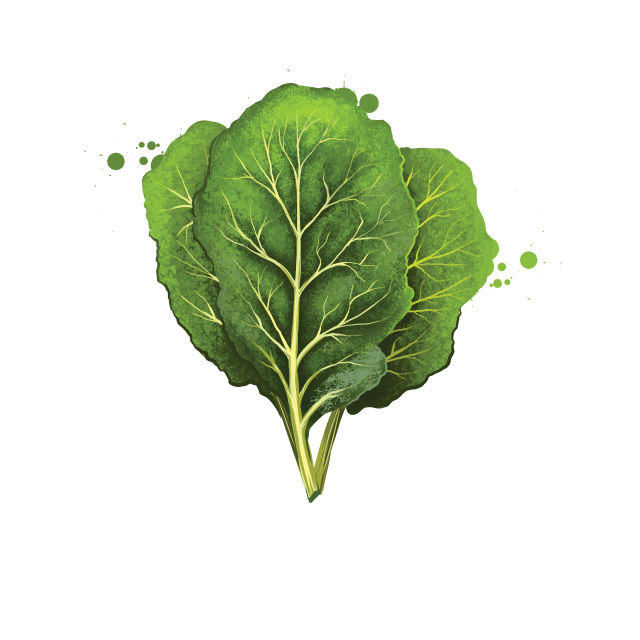Health Conscious or Health Hazardous? A Dietitian Takes on Trendy Eating Plans For Kids

Image: Shutterstock
Whether it’s to lose weight, keep up with a social cause, or boost health, maintaining a strict diet is a fact of life for many adults. But what are the rules of engagement when it comes to your kids? Dr. Shreela Sharma, a registered dietician and associate professor at UTHealth School of Public Health, details common eating regimens that parents often contemplate extending to their children.
Vegetarian and Vegan
Chances are, you and your kids are already familiar with vegetarianism—a no-meat diet. Veganism takes it a step further by excluding all animal products, including eggs and dairy. While these diets might be popular among adults, Sharma says that each should be considered closely for growing kids who require a full supply of calories and nutrients.
“It’s important to know what vitamins and minerals certain foods have, and what your child will be missing with these diets,” Sharma says. Plant-based diets, often practiced for religious or moral reasons, can be achieved, but parents need to keep a close eye on the levels of B12, vitamin D, calcium, iron, protein, and fiber their child is consuming. Without these nutrients, a child could develop a deficiency and subsequent negative growth effects.
Gluten-Free
A gluten-free diet eliminates the common protein that is found in certain grains, like wheat, rye, and barley. First recommended for people with Celiac disease and those unable to process gluten, gluten-free diets have recently become popular with individuals who want to drastically reduce carbohydrates.
Going gluten-free, like veganism, is also what Sharma describes as an elimination diet, which gets rid of an entire food group. The body needs carbohydrates often found in gluten-rich foods, and that’s especially true for children who are more active than adults. Sharma does not recommend any form of elimination diet, unless the parent is asking for modifications based on religious grounds or if there is an allergy, which can only be identified by a pediatrician.
Organic
When it comes to organic-based food regimens, the word diet is a misnomer. Sharma describes them as “more of a lifestyle than a diet,” as they focus on consuming a certain type of product that is grown without the typical pesticides. Despite the premium price tag, there is no scientific data to support the popular perception that organic products are a healthier option, Sharma says. Rather, her no. 1 rule to follow: “Fresh is always best.”
Parents should stay away from processed foods and look at the ingredients list on all packaging. A list of unrecognizable ingredients is a no-go, as is anything with more than five grams of sugar. Fresh nuts, cheeses, fruits, and vegetables are healthy options that pack a ton of flavorful variety that kids of any age will appreciate.




